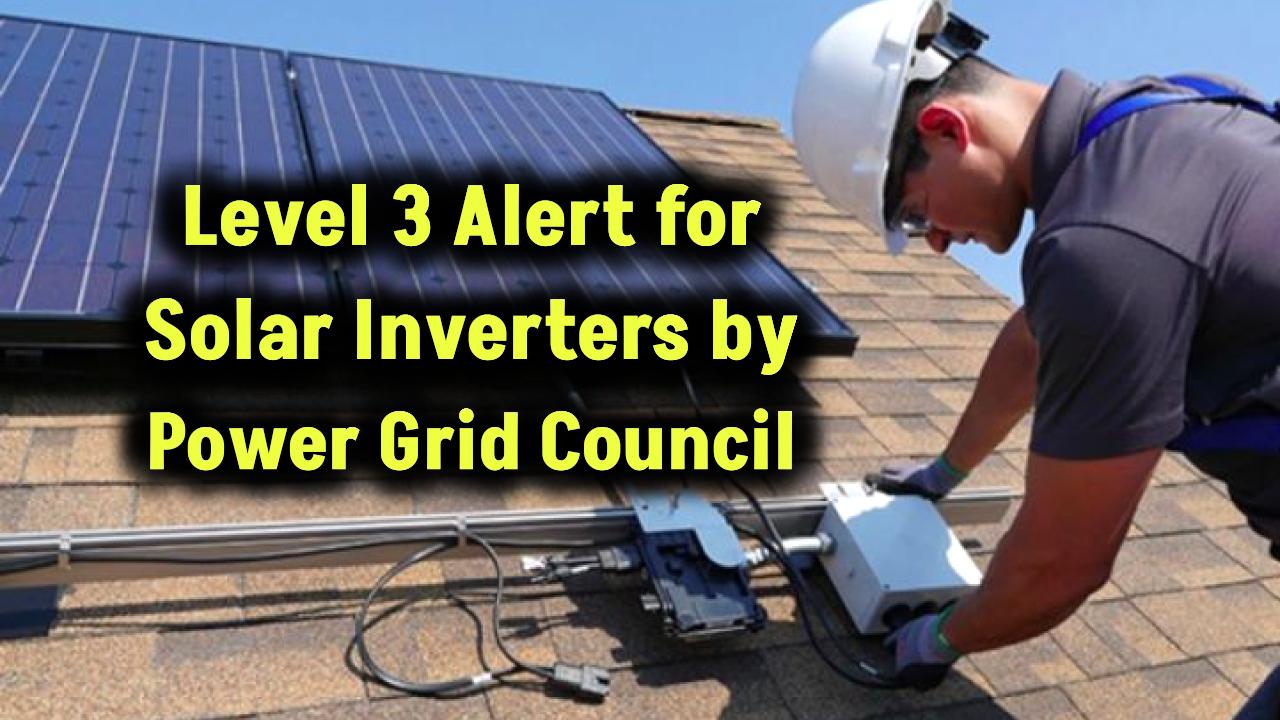
If you’ve been watching the renewable energy space, you’ve probably heard of Sunrun Inc. (NASDAQ: RUN)—one of the top dogs in the U.S. residential solar market. But as of May 2025, its stock price is hovering around $11.29, and many investors are scratching their heads, wondering: “Can Sunrun ever hit $40 again?”
In this detailed breakdown, we’ll explore analyst price targets for Sunrun, what’s dragging or lifting the stock, and whether it’s realistically possible to see RUN climb back to its former glory.
Understanding Sunrun’s Stock Rollercoaster
Let’s rewind. Sunrun stock was once a star performer in the green energy boom, especially after the Biden administration boosted hopes with clean energy incentives. Back in early 2021, Sunrun’s share price soared over $90. But fast-forward to 2025, and the stock is down over 80%.
Why? A mix of high inflation, rising interest rates, weaker-than-expected earnings, and questions around federal solar tax credits all played a part. Investors began pulling back from growth stocks and gravitated toward safer plays, especially in a higher rate environment.
What Do Analysts Say Now?
Current Consensus and Forecasts
Analysts are cautious but not completely bearish. According to TipRanks, 12-month price targets range from $6 to $20, with an average of around $13.50.
- Goldman Sachs recently bumped its target from $12 to $15 after seeing early signs of recovery in residential installations.
- UBS gave it a fresh “Buy” rating, aiming for $17, citing leadership in market share and future profit potential.
- The Street High—the most optimistic forecast—is currently at $20, still a long shot from the $40 mark but not entirely outlandish over a 3–5 year horizon.
Is $40 Possible Again? Let’s Break It Down
1. Market Sentiment & Momentum
In 2020–2021, solar stocks were red-hot. Investors chased anything “green” as ESG (Environmental, Social, and Governance) investing took center stage. That euphoria is now gone. Sunrun will need another major tailwind—possibly policy-driven—to generate the kind of demand it saw before.
2. Financial Performance
Sunrun’s Q1 2025 earnings showed better-than-expected growth in installations but missed revenue estimates. Their net cash from operations was positive—something investors cheered—but the company also warned of higher capital expenses and slower realization of solar tax credits in 2025.
According to Barron’s, the company lowered its full-year cash generation guidance, which rattled investor confidence.
3. Policy Changes & Tax Credits
Under the Inflation Reduction Act, solar incentives were extended, but there’s concern these could be scaled back after 2025. If those credits disappear, Sunrun’s core economics may weaken.
That said, any expansion of clean energy credits or state-level mandates (e.g., California’s solar-friendly laws) could serve as powerful catalysts.
Tailwinds That Could Help Sunrun Recover
– Industry Leadership
Sunrun is still a market leader in U.S. residential solar. Its acquisition of Vivint Solar helped strengthen its base, and it now covers a large portion of the U.S., including key growth markets like Texas, Florida, and Arizona.
– Rising Electricity Costs
With utility bills climbing nationwide, more homeowners are considering switching to solar. This could drive more demand for Sunrun’s lease and PPA models (Power Purchase Agreements).
– Partnerships and Tech Integration
Sunrun has started deploying home battery solutions like Tesla Powerwalls and its own Brightbox system. With more people looking to go off-grid or stay powered during outages, this vertical could unlock new revenue.
Risks Keeping RUN from $40
– Interest Rates Still High
Sunrun’s business depends on financing solar systems for homeowners. When interest rates go up, those financing costs eat into profits—and demand can slow.
– Margin Pressure
Solar hardware costs have been volatile. Add in rising labor costs and installation delays, and you’ve got margin pressure. Unless Sunrun can boost operational efficiency, earnings might stay tight.
– Competitive Threats
New players are entering the solar space every year—many with innovative financing models and better tech. Even legacy utilities are starting to offer rooftop solar.
What Should Investors Watch Next?
- Upcoming Earnings Reports – Keep an eye on revenue growth, cash flow, and guidance.
- Federal and State Policy Shifts – Any change in tax credits or net metering laws could swing the stock.
- Partnership Announcements – Deals with big brands (like Tesla, Ford, or utilities) can be game changers.
- Interest Rate Trends – If the Fed starts cutting rates in late 2025 or 2026, solar stocks may rebound hard.
ever wondered how solar panels are made? discover the fascinating journey from silicon to power
Should You Buy First Solar or Enphase Energy? Side-by-Side Comparison
Get Paid to Go Solar? Here’s What the US Government Is Offering in Solar Panel Incentives
Should You Buy Sunrun Now?
It depends on your risk appetite.
If you’re bullish on clean energy and have a long-term horizon (3–5 years), buying Sunrun at $11 might look like a steal. You’d be investing in a battered leader that could regain strength if macro and policy tailwinds return.
But if you’re more risk-averse, you might wait for Sunrun to show consistent profitability, better guidance, and some signs of margin expansion.
(FAQs)
Q1: Is Sunrun a profitable company?
No, as of early 2025, Sunrun is not consistently profitable. While it has seen positive cash flow in some quarters, net income remains negative.
Q2: What is the highest analyst price target for Sunrun?
Currently, the most optimistic analyst has set a $20 price target for RUN.
Q3: Can Sunrun hit $40 again?
In the short term, it’s unlikely. For Sunrun to hit $40, it would require a major policy boost, reduced interest rates, and strong execution on profitability.
Q4: How does Sunrun make money?
Sunrun earns from solar panel installations, leasing agreements, power purchase agreements (PPAs), and battery solutions like Brightbox.
Q5: Is Sunrun a good stock to buy in 2025?
It could be for long-term investors bullish on solar energy. However, it’s a high-risk, high-reward investment right now.








